If there’s one plant that everyone is aware of is basil! Basil is one of the oldest plants that humans have used, and it has long been known for its beneficial effects on health. In India, Holy basil or tulsi is prized for its religious use, potent therapeutic and restorative effects. Holy basil is offered to Hindu Gods and many puja rituals are considered incomplete without tulsi. Therefore, one may still find basil plants outside many Indian homes. Some claim that it is against the law to even chew holy basil leaves; instead, one must swallow them whole. Many stews and curries include basil as an essential component. The numerous varieties of basil plants differ significantly from one another botanically.
Table of Contents
What is basil?
Ocimum basilicum is the scientific name for the basil that is frequently used in cooking (abbreviated O. basilicum). Basil is native to tropical Asia and Africa, but it is now grown in many warm regions of the world. It is a popular herb in Italian cuisine, and is often used to flavor tomato sauce, pesto, and other dishes. In Thailand, basil is an important ingredient in many curries and stir-fries.
There are 100 of varieties of basils, some of them are:
Sweet basil : The most extensively grown and well-liked variety of basil, sweet basil is best known for its use in Italian cuisine. generally available dry at stores. has a taste of clove and licorice.
Greek or bush basil : This can be used in place of sweet basil because of its moderate flavor and potent scent. forms a small-leafed, compact bush that thrives in pots.
Thai basil : Used frequently in Southeast Asian and Thai cuisine, it has an anise-licorice flavor.
Cinnamon basil : A Mexican native, cinnamon basil has a fragrance and taste similar to cinnamon. frequently served with spicy stir-fried veggies or lentils.
Lettuce basil : Large, velvety, wrinkled leaves with a licorice-like flavor are a characteristic of lettuce basil. works nicely when tossed with tomatoes and olive oil in salads.
How to use basils in food?
Basil is a delicious herb that can be used in a variety of dishes. It has a distinct, beloved flavor that many home cooks enjoy.
If you are looking to add some basil to your cooking, there are a few things you should keep in mind.
- First, basil is best when it is fresh.
- Second, basil does not hold up well to heat, so it is best to add it near the end of cooking. Finally, if you are using dried basil, be sure to rehydrate it before adding it to your dish.
Difference between regular basil and Holy Basil
| Holy Basil | Regular Basil | |
| Stem | The stem of holy basil has hairs on it. In fact, it has a few millimeters of white, extremely thin hair surrounding it when it is fully grown. |
The stem doesn’t have hair.
|
| Edges | They have tooth-like edges | Smooth Edges |
| Color | Lighter green | Darker Green |
| Shape | Slightly flatter |
Curly, bending downwards
|
| Flower | White or pink/purple flower | Always white |
Health Benefits of Basil:
Basil promotes our general health in a variety of ways, including by enhancing immunity, promoting good vision, reducing stress, and improving cardiovascular health.
1. Aids in Digestion:
Basil is a good digestive aid. It fortifies the digestive and nervous system, can be a good remedy for headaches and insomnia, and helps balance acid within the body. Basil also has anti-inflammatory properties which can help to ease digestive discomfort. Adding basil to your diet is a great way to help improve your overall health and well-being.
2. Anti-inflammatory:
Basil, with its strong anti-inflammatory properties, may be a cure for a variety of diseases and disorders. The powerful essential oils in basil, including eugenol, citronellol and linalool, help lower inflammation by inhibiting enzymes. This could potentially lower the risk of heart disease, rheumatoid arthritis and inflammatory bowel conditions. Additionally, consuming basil may help relieve fever, headache, sore throat, cold, cough and flu symptoms. Therefore, next time you are feeling under the weather, consider incorporating this flavorful herb into your diet to experience its health benefits firsthand.
3. Boosts immunity
Basil is not only a delicious herb that can enhance the flavor of many recipes, but it also contains a range of natural antioxidants. These antioxidants can help protect the body against free radical damage. Free radicals are unstable atoms that take electrons from other atoms to become stable. This forms chains of free radicals, which can cause oxidative stress to the body and damage cells. To reduce oxidative stress and protect the body, it is important to consume foods that are rich in antioxidants. Basil is a great source of two powerful water-soluble flavonoid antioxidants, known as orientin and viceninare. Including basil in your diet is a simple and delicious way to boost your antioxidant intake and strengthen the immune system.
4. Great for skin
The potent oil of basil aids in internal skin cleansing. Those with oily skin will benefit greatly from the superb skin cleanser. Additionally, it aids in clearing pores of dirt and other pollutants. Combine basil leaves, sandalwood paste, and rose water to make a paste. Apply the paste on your face, then wait 20 minutes before washing it off. With cold water, wash it off. Basil has potent anti-inflammatory and antibacterial qualities that could aid in preventing acne from developing.
Basil leaf chewing also lowers stomach acidity and aids in maintaining an alkaline balance, both of which are beneficial for digestive health.
5. Combats depression
Basil's essential oil may be able to control anxiety and despair. It is thought that the plant stimulates the neurotransmitters that control the hormones in charge of generating happiness and vitality. Basil is regarded as a potent adaptogen or stress-relieving substance. Additionally, its anti-inflammatory and immune-boosting qualities aid with stress management.
6. Helps in diabetes
Basil is especially beneficial for diabetics, as they need to be careful about spikes in their blood sugar levels. The essential oils in basil also help to lower cholesterol and triglyceride levels, which are both risk factors for developing diabetes. So, if you're looking for a way to help manage your diabetes, adding basil to your diet is a great option!
7. Detoxifies the body
If you're looking to improve your liver health, basil may be a helpful option. This herb has strong detox properties that can help keep your liver healthy and free of fat build-up. Adding basil to your diet is a simple way to give your liver a boost. Try incorporating it into your cooking or enjoying it as a tea.
8. Enhances Cognitive Function
Basil is not only an excellent source of brain-boosting nutrients, but it also helps to decrease the level of stress hormones. This can result in improved memory, mental clarity, and decreased risk of age-related mental disorders. So if you're looking for a way to boost your brain power, add some basil to your diet!
FAQs on Basil:
Q: Where is basil originally from?
A: Basil is most likely an Indian native and is grown abundantly in every home. Basil tea is a stimulant, and the leaves are used fresh or dried to flavor meats, fish, salads, and sauces.
Q: Are Tulsi and basil the same?
A: Though tulsi and basil have many similarities, there are also some key differences between tulsi and basil. The most notable difference is in their appearance; tulsi is a small shrub with green leaves, while basil is a taller plant with large, green leaves. Basil also has a strong, pungent flavor that is often used in cooking, while tulsi has a more mild flavor.
Q: Should we chew basil seeds?
A: Avoid consuming raw basil seeds since they are difficult to chew. The easiest way to make them more gelatinous before eating is to soak them in water. To benefit from the health benefits, it is advised to consume at least two teaspoons daily. These seeds are brimming with beneficial qualities for your health.

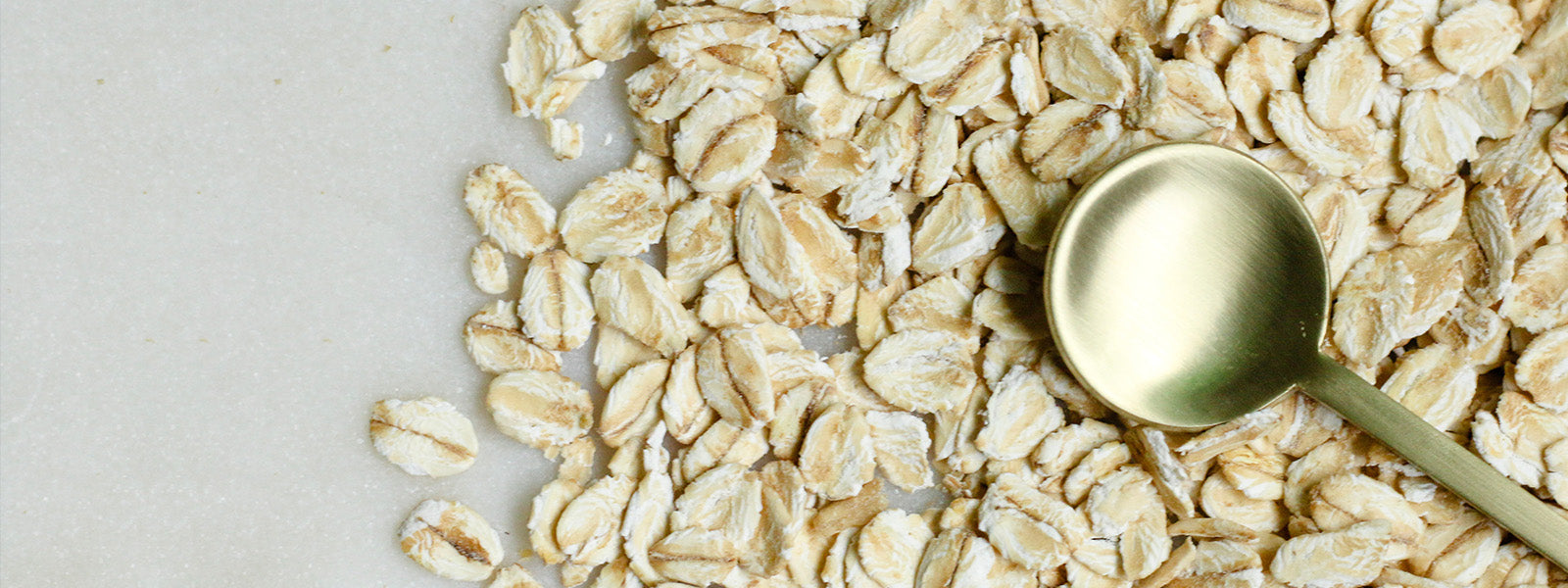
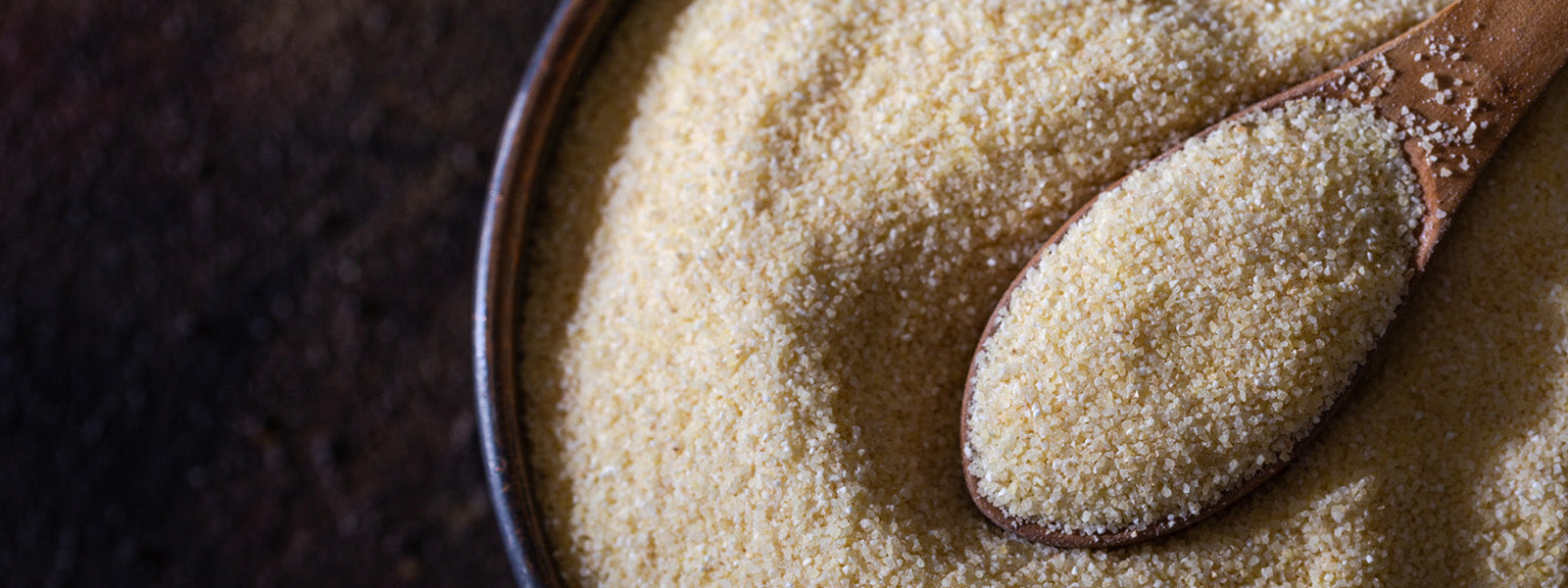
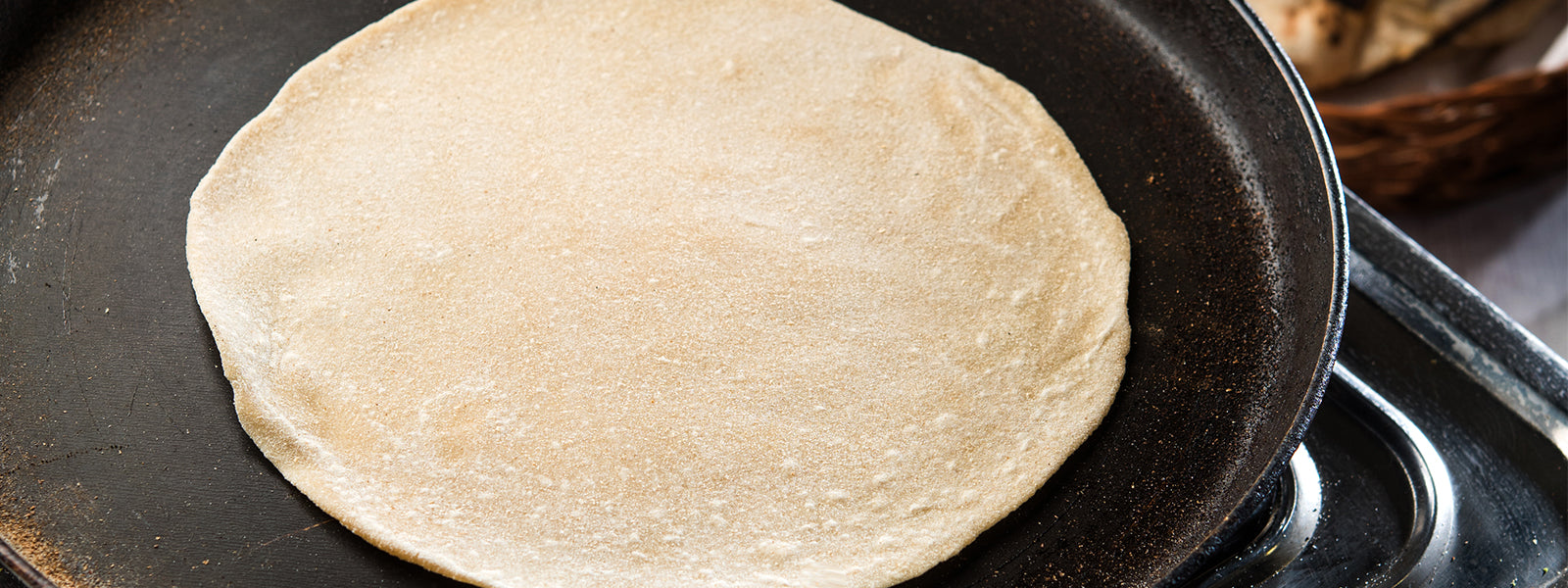
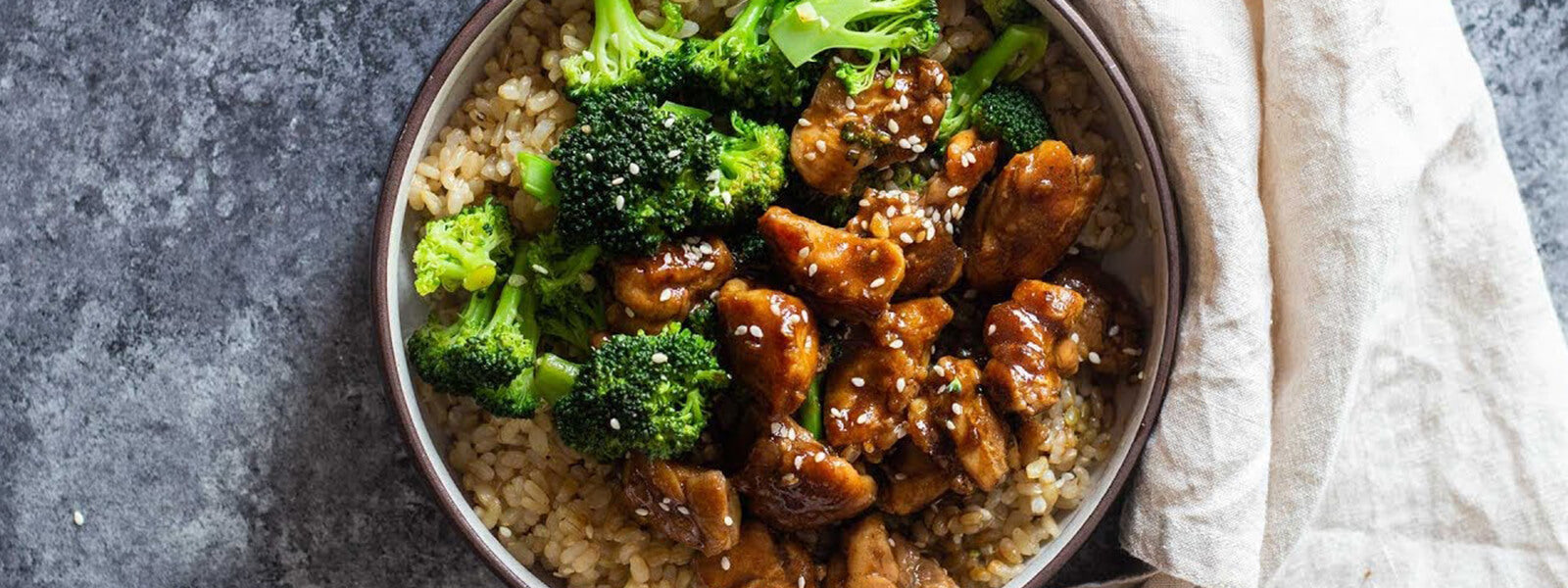
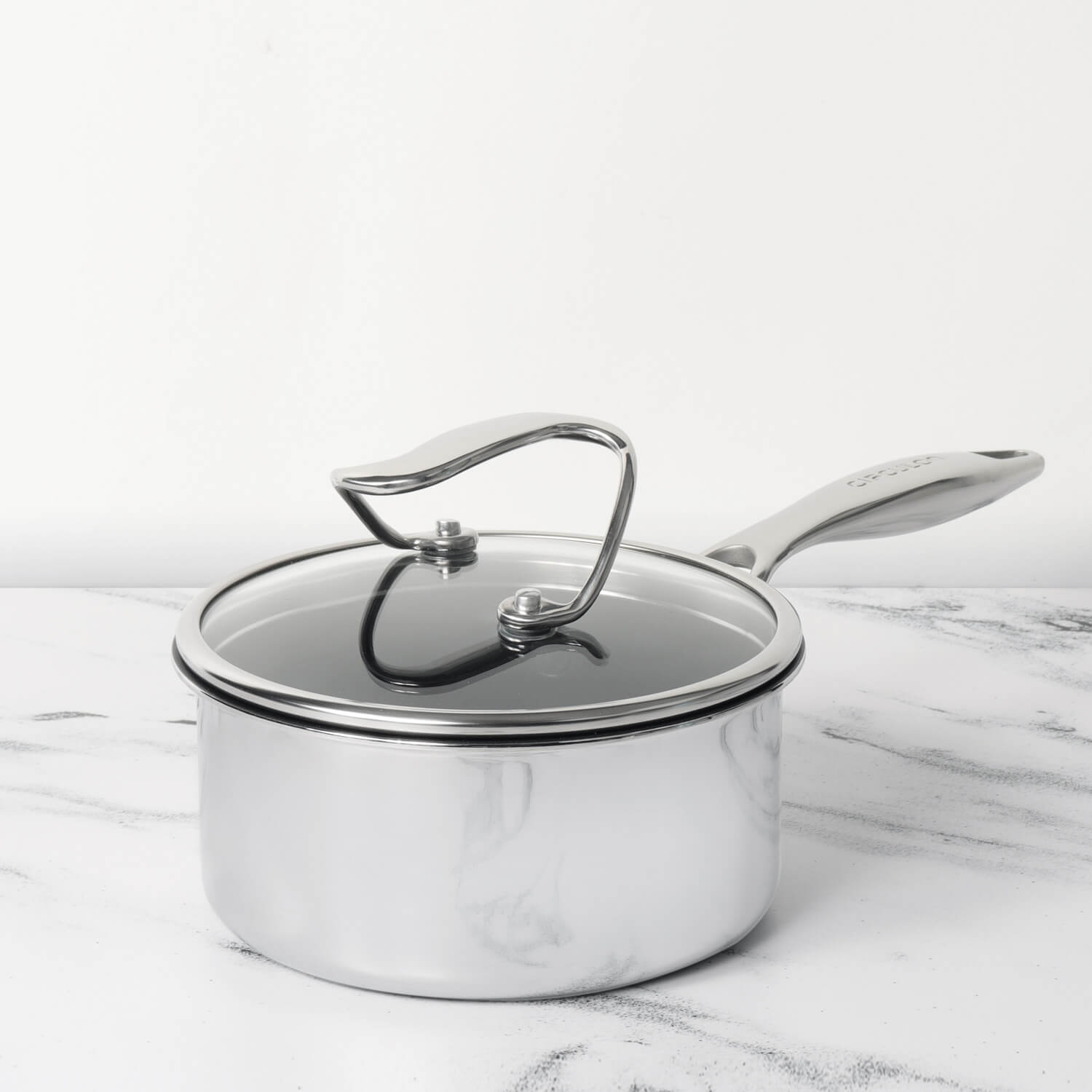
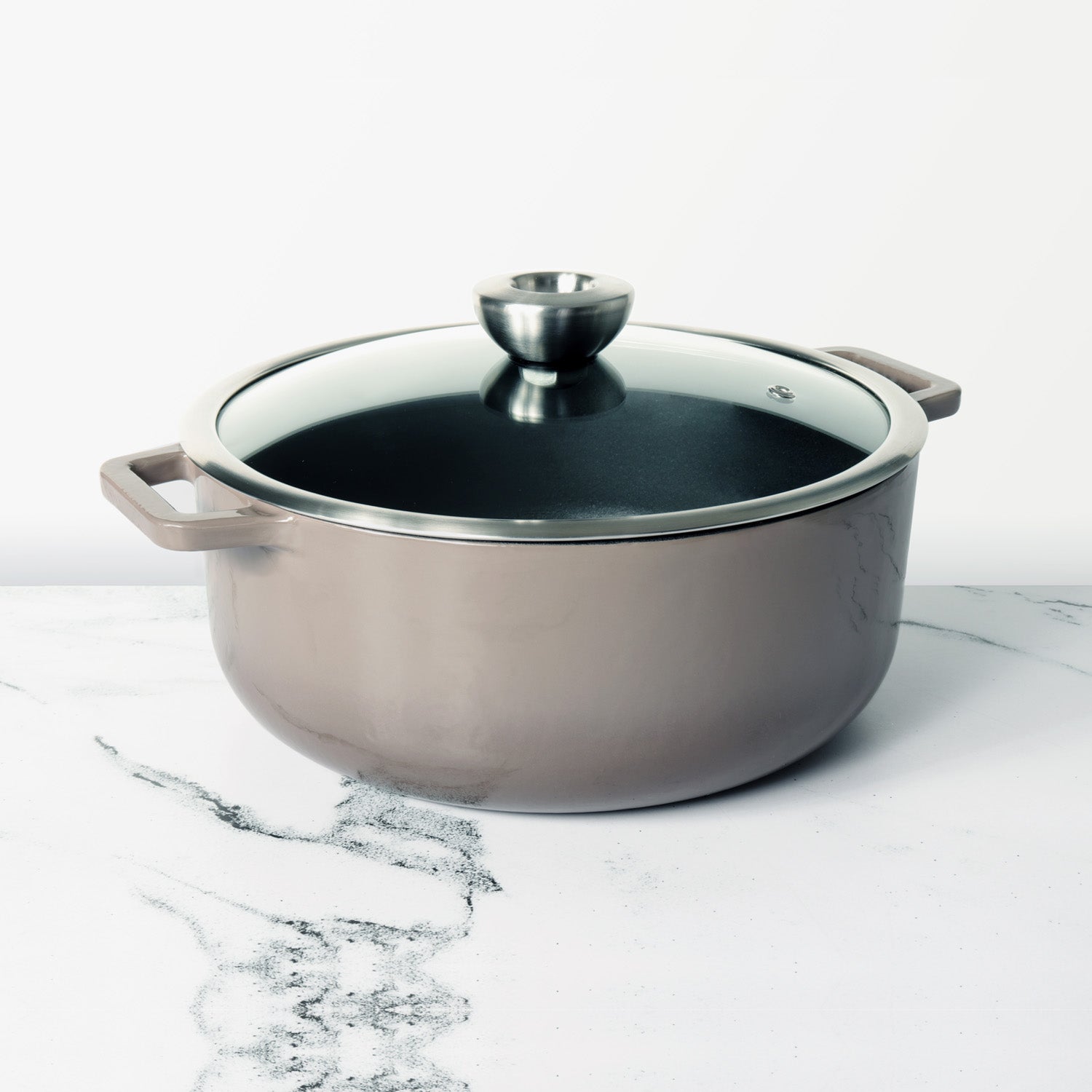




Leave a comment